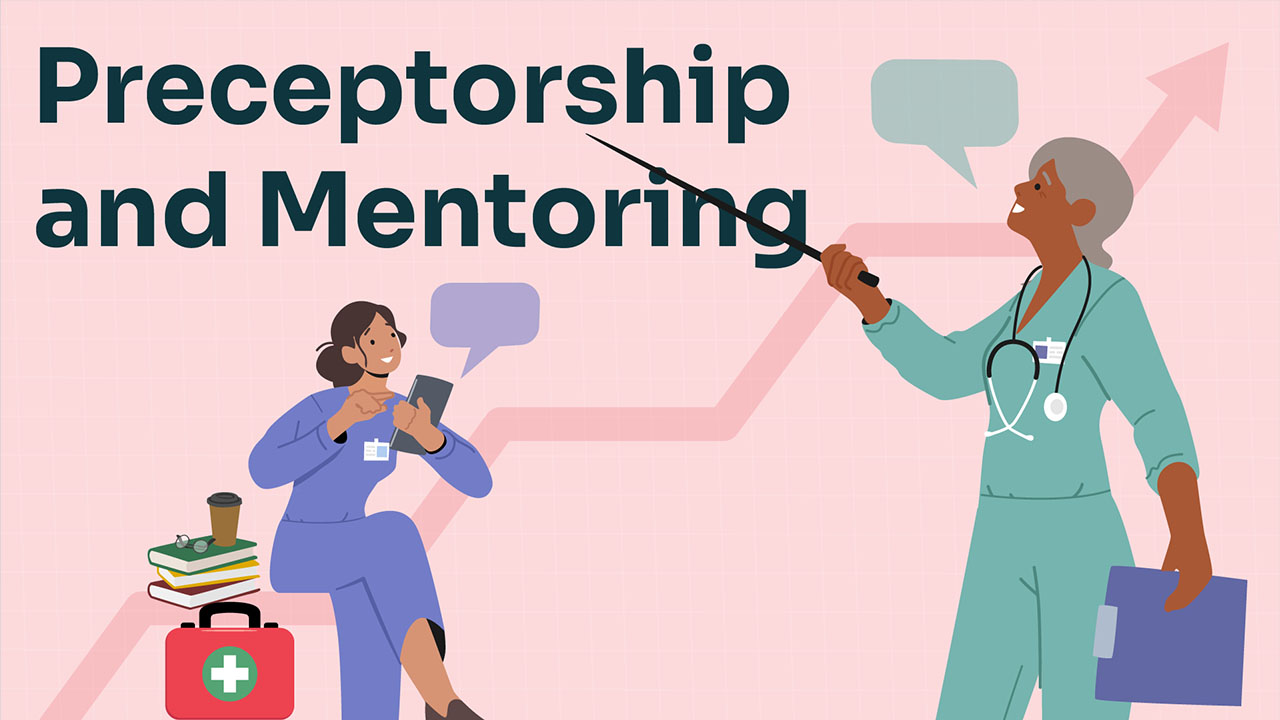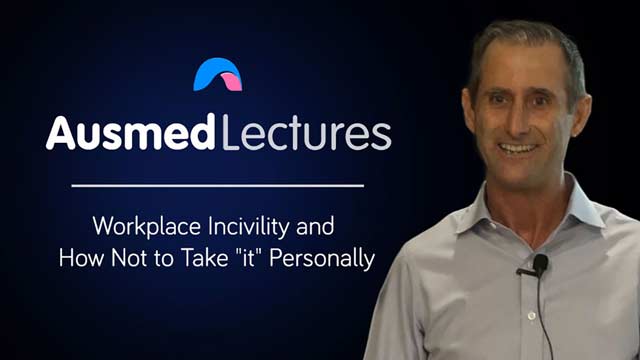Preceptorship and Mentoring


A notable gap has emerged between departing expertise and the increasing complexity of nursing duties within the Australian nursing workforce. Preceptorship programs offer a vital opportunity to help bridge this gap through effective education, clinical leadership and professional growth opportunities for all parties.
This Ausmed Course provides healthcare professionals engaged in preceptorship with the essential skills and strategies needed for effective leadership and mentorship as a preceptor, and creating a holistic and supportive program for preceptees under their guidance.
For more on this topic, please see Suzi's Ausmed Lecture on Preceptorship: An Essential Skill to Narrow the Experience-Complexity Gap.
Content
What you'll learn:
Understand the role of the preceptor and the significance of preceptorship in bridging the theory-practice gap in nursing.
Apply effective mentorship strategies to establish a trusting preceptor-preceptee relationship, facilitating the transfer of knowledge and skills during preceptees' transition to clinical practice.
Evaluate preceptee nurses' critical thinking, clinical judgement, and evidence-based decision-making skills to enhance their ability to provide safe and quality patient care.
Foster collaboration and teamwork through the cultivation of relationships with preceptee nurses in interdisciplinary teams, promoting effective communication and coordination for optimal patient-centred care.
Support preceptee nurses to develop the ability to maintain their emotional wellbeing to foster development as competent and resilient clinicians.
Who it's for:
Why it's needed:
The nursing workforce in Australia is facing increasing instability because of burnout. Due to the pandemic's exponential impact on the nursing workforce, one in five nurses is considering leaving their role.
Due to this, there are increasing numbers of experienced nurses leaving the workforce and novice nurses entering, which creates a large gap between experience versus complexity that needs to be supported to ensure safe patient care is provided whilst maintaining staff satisfaction and confidence in practice.
Therefore, education specifically for new and existing preceptors is essential for fostering the appropriate skills, traits and insights to teach novice nurses and cultivate a positive employee experience while also bridging the experience-complexity gap.
Purpose:
Topics
Assign mandatory training and keep all your records in-one-place.
Find out more
Recommended resources









